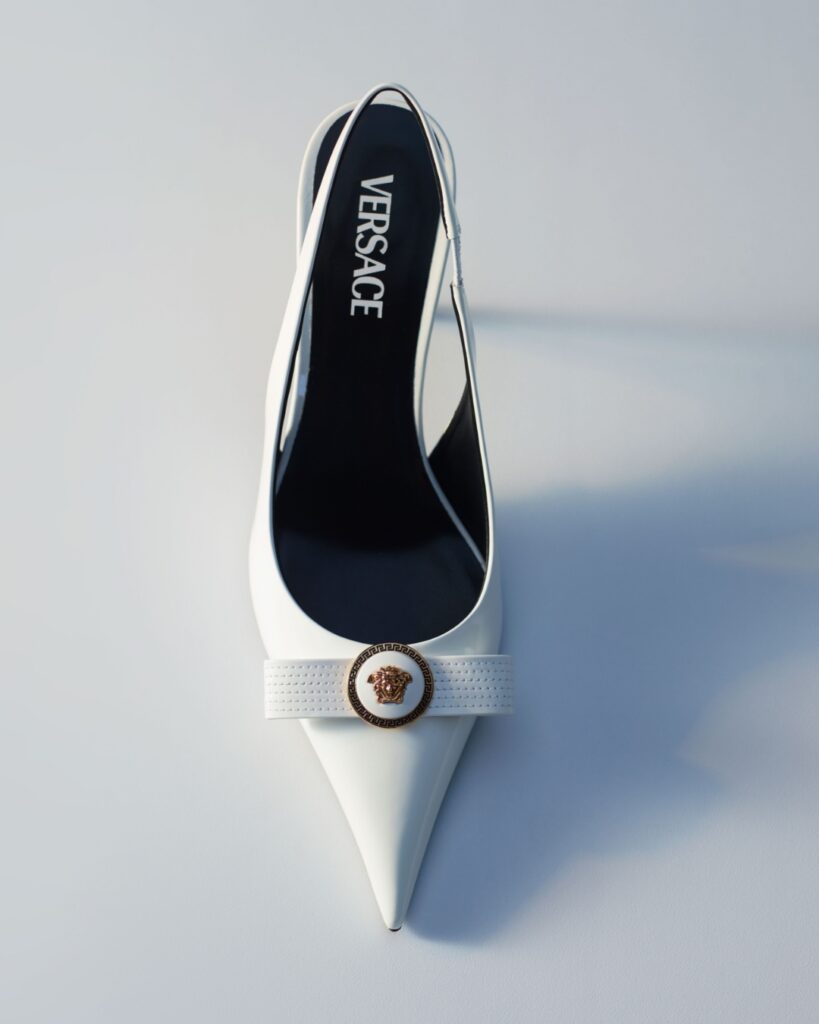Hands up who wants some more money? Right, so that’s everyone. Find out which money mistakes are letting your savings down.
While some factors are slightly out of our control (two words: Housing. Crisis) there are some practical changes you can make to help you stay on the right side of the overdraft.
Here are some reasons you might find yourself with a near-empty bank account each month and what you can do to swerve these totally-avoidable habits:
1. Using contactless cards
Okay, okay, given just how handy they are, it’s going to be pretty much impossible to rule out contactless tech altogether now. If you find the magic wand-like quality of the contactless tap is making you spend money more than you would, it might be time to throwback to the old chip and PIN. If anything, avoiding contactless where possible helps you spend more mindfully.
If you really are determined to scrooge your way through, multiple people swear by taking cash out of an ATM instead so they can tangibly see how much cash they’re parting with (and boy, is it such sweet sorrow). Taking cash out can also help you budget better on a daily basis – if you haven’t got the coins to buy that coffee maybe think about if you really need to be buying five a week.
2. Forgetting to cancel free trials
If you’re a sucker for a 30-day free trial, keep in mind that many sites don’t warn you when it’s coming to an end – so set reminders on your phone to avoid getting caught out. Not so bad if it’s under a tenner, but some trials – such as Amazon Prime – will charge you a yearly fee that could be a bit of a headache to get back if you’ve used Prime services unknowingly. Netflix, Apple Music and Neon are just some that allow you to cancel at the point of signing up, so you can enjoy the rest of your freebie run guilt-free.
3. Being a sucker for online shopping
If you can’t figure out just where your money goes each month, but rely on a daily scroll of ASOS to get you to sleep each night, this could be the money mistake you need to get a hold of. A recent study by the Money and Mental Health Policy Institute found that late-night online shopping can have a negative impact on your mental health, with 37% of people regretting an impulse purchase on the internet.
Online shopping changed our spending habits dramatically and it’s the way most of us shop these days (I mean, braving Queen Street on a Saturday afternoon isn’t always the most ideal way to spend the weekend). It’s convenient if you’re busy working all week, or are trying to find a half-size shoe they don’t stock in store. But the temptation is so easy to cave in to: with promotional emails and daily ‘exclusive’ online deals it can feel like we’re getting a bargain, whereas what we’re really getting is three parcels a week of stuff we can’t really afford.
If you want to cut down your Paypal outgoings each month, it’s worth asking yourself if, a) you need the thing and b) if you’d buy it if it wasn’t on offer.
It’s also helpful to remove your card details from the AutoFill feature on your phone/laptop if you’re finding it too easy to click ‘Buy’. It prolongs the purchase period and gives you time to reconsider if another pair of shoes are really within your means right now. Removing card details from automatically filling in will also be better for your online security. Ding!
4. Buying cheap ‘n’ naff things for a quick retail fix
Spending less – but on higher quality stuff – is easier said than done, especially if it never feels like you can afford to buy anything over $50 because you’re not earning loads. According to financial experts, you should only be spending 5% of your monthly salary on clothes. So if you take home $2000 a month after tax, you should be spending no more than $100 a month in Zara. (That’s $1,200 per year – don’t blow it on mediocre crap you’ll wear once!)
If you’re desperate for a wardrobe overhaul, you might feel like filling up your shopping basket with six things on payday (that’ll likely have fallen apart in the wash by the next), or alternatively, you could hold back and buy six higher-quality pieces over six months and build a wardrobe to be proud of. Not spending a penny more, but you’ll have more to show for it.
5. Signing up to a pricey phone contract
If you work from home and don’t use that 500GB of data you pay for every month, why not consider downsizing your contract? Your network provider will most likely charge you for cancelling early (you’ll usually have to pay however many months you’ve got left) but they could be up for negotiating a cheaper tariff on their network if you explain your circumstances.
If you’re paying for your Wi-Fi, there’s no real need to be paying for unlimited mobile data too. Keep tabs on how much you’ve got left over each month (most providers have an app that can do this) and see how much you can cut back on each month.
This article originally appeared on Grazia.











